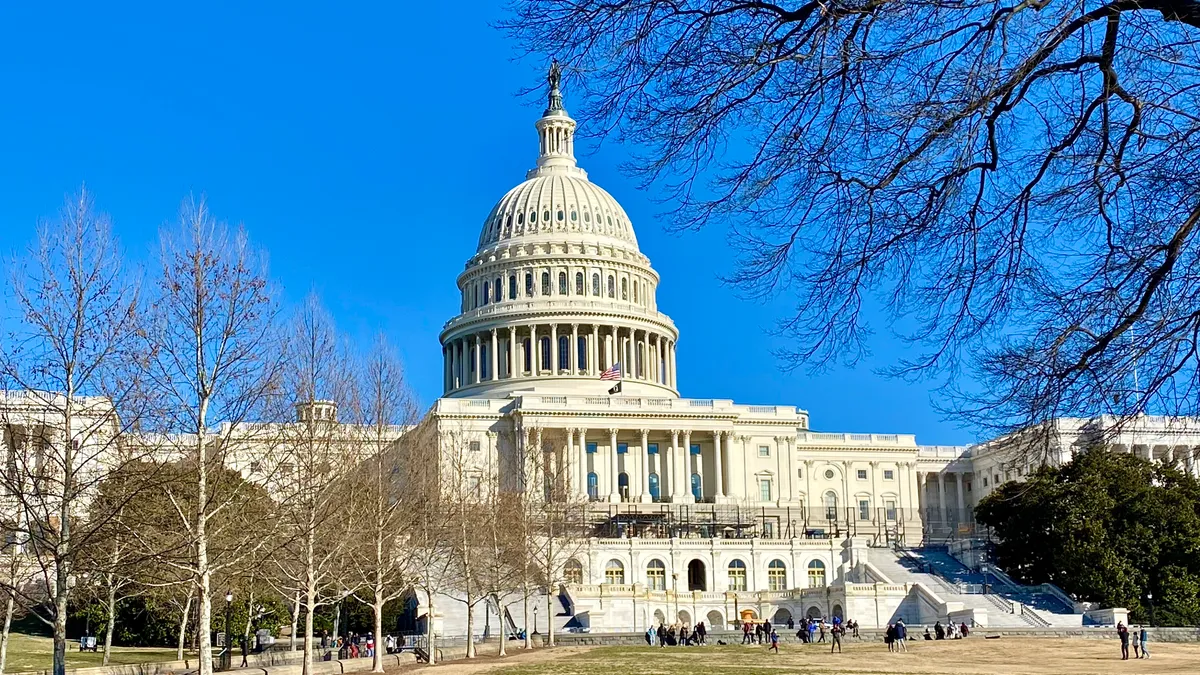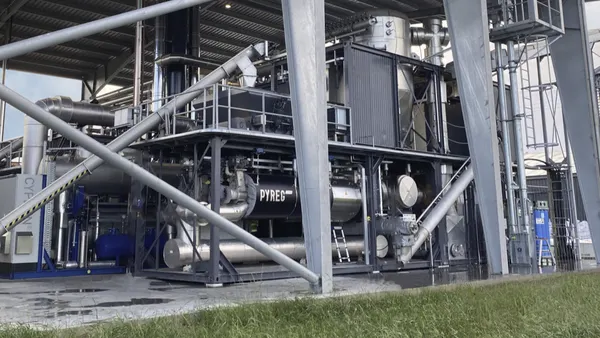The Inflation Reduction Act of 2022, a sweeping budget reconciliation package with numerous climate policies, now includes biogas in its provision extending and expanding certain renewable energy investment tax credits.
The bill, introduced July 27 and backed by Senate Majority Leader Chuck Schumer, D-N.Y., and Sen. Joe Manchin, D-W.Va., calls for an estimated $369 billion in overall energy and climate spending over a 10-year period. The current version of the bill extends certain investment tax credits to “qualified biogas properties” that begin construction before 2025.
Proponents say the tax credit expansion will help some biogas-producing entities, including some landfills and anaerobic digesters, to achieve parity with other renewable industries such as wind and solar.
The bill would be funded in part from a 15% corporate minimum tax, according to a bill summary from Senate Democrats. The climate provisions in the bill are meant to boost domestic energy production and reduce carbon emissions by roughly 40% by 2030, Senate Democrats said in the summary.
The Inflation Reduction Act does not include some of the waste and recycling provisions from the previous Build Back Better bill, which failed to gain traction after Sen. Joe Manchin said last year he would not support it. That bill, which also mentioned new and extended tax credits for some biogas projects, had also called for almost $200 million in EPA grants for waste reduction, organics infrastructure and recycling data collection efforts.
A package of bills with similar grant and data collection goals passed the Senate last week. If passed, it could become the latest federal push to fund recycling and waste initiatives after last year’s Infrastructure Investment and Jobs Act, which includes about $350 million for recycling efforts.











